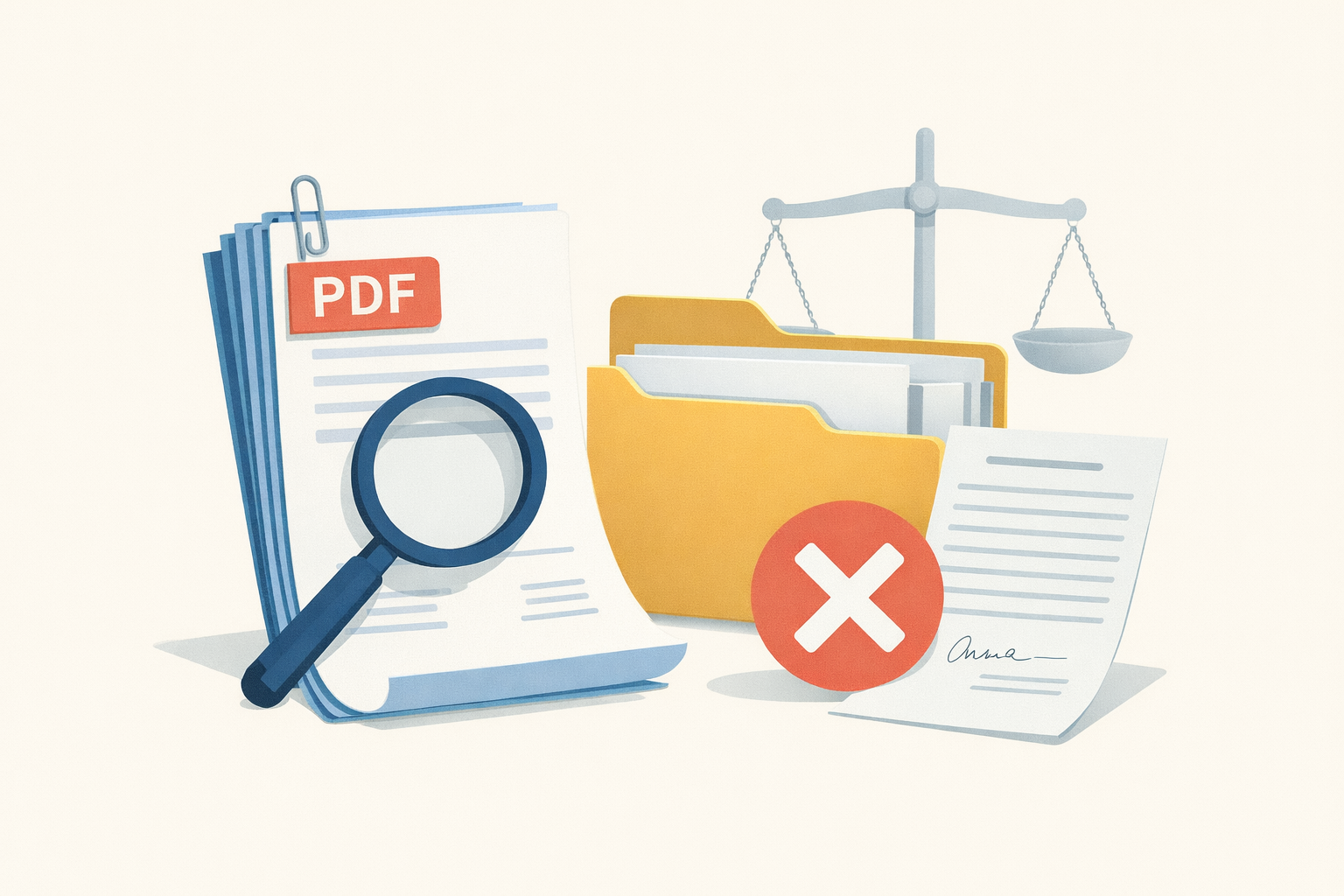In the not too distant future, airports could operate without boarding passes or even ID cards, whisking you away to your destination after a single biometric reading. That is, if a pilot program by the Transportation Safety Administration works out. The TSA is currently testing a new biometric identification system that could allow certain passengers to get through airport screening with a simple scan of the finger. If you’re tired of fumbling for your boarding pass while carrying your shoes, ripping off your belt, and chugging your last bit of water, giving the federal government your fingerprints might be the solution.
But some worry that the government’s use of biometric data raise pose significant questions, not only around civil liberties, but also cybersecurity. And as biometric use expands, those security concerns aren’t just confined to our government or our airports.
Pre-checked, Pre-fingerprinted, Pre-approved
The TSA is instituting a pilot screening program that uses the biometric information of passengers enrolled in TSA Precheck (technically, "Pre✓®") to make screening even faster. Precheck travellers already undergo pre-screening and a background check in order to pass through airport security quickly—with their water bottles full and shoes on. As part of the application process, some Precheck passengers submit their fingerprints to the TSA. It’s those fingerprints that are being used in airports as part of the new program.




